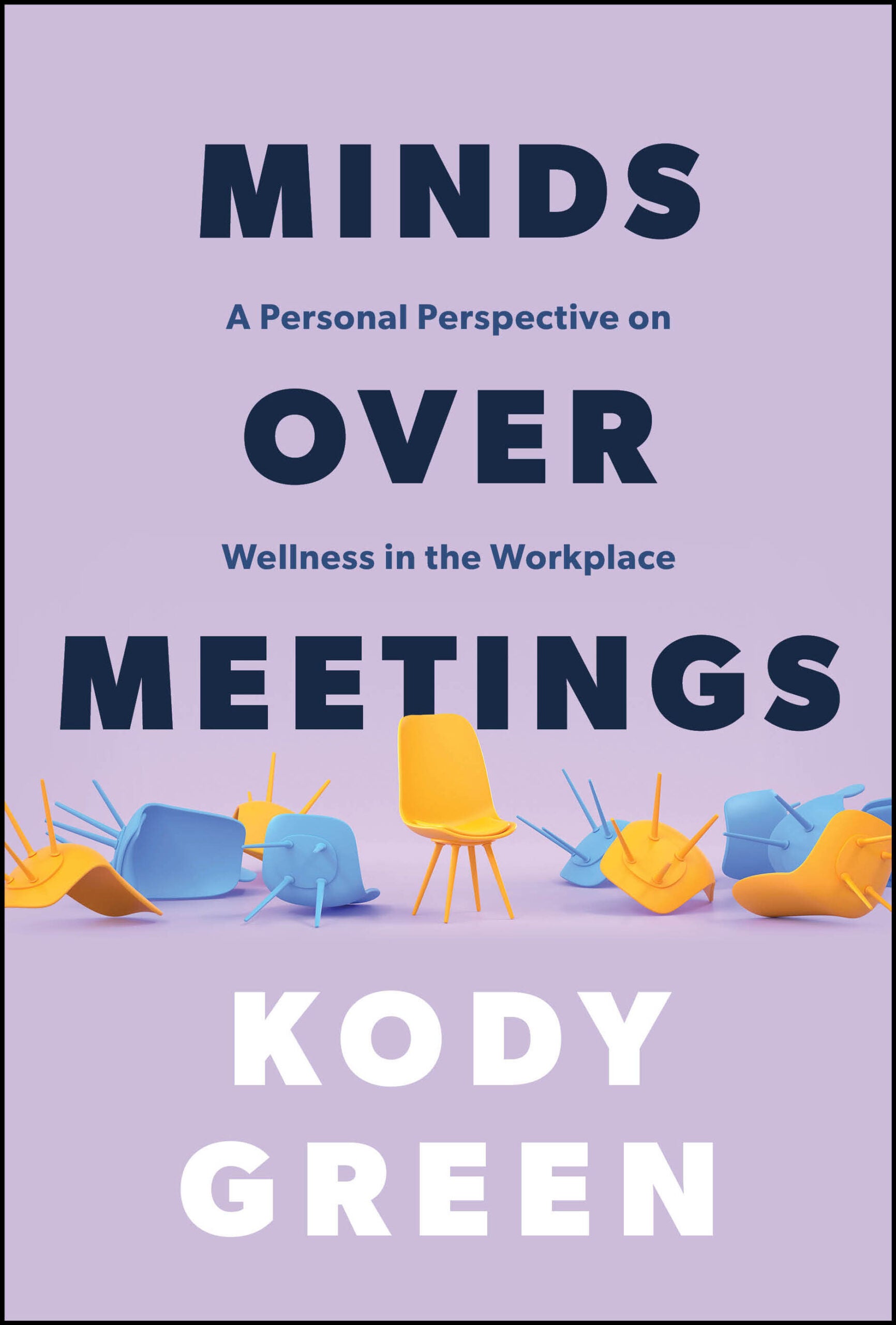As a young teenager, Kody Green experienced the demands of mental illness, learning how to be a family caregiver.
“I was raised by a mother with schizoaffective disorder,” he told WPR’s “Wisconsin Today”.
The La Crosse mental health advocate said while in college, he experienced symptoms like his mother, including hallucinations, delusions and paranoia.
News with a little more humanity
WPR’s “Wisconsin Today” newsletter keeps you connected to the state you love without feeling overwhelmed. No paywall. No agenda. No corporate filter.
He, too, was then diagnosed with schizophrenia. Soon after, a doctor told him he would never work again.
“It was so frustrating,” he said. “I knew that if I had the right help and assistance, I would be able to work just like anyone else.”
Now, 10 years later, the Westby native has a new book, “Mind Over Meetings: A Personal Perspective on Wellness in the Workplace,” to offer readers insight on living with a mental illness and navigating employment.
Green, who now works as a mental health advocate in La Crosse, credits peer support groups like the National Alliance on Mental Illness Wisconsin for allowing him to accept himself and lead a functional work life.
Green started writing the book after several years of struggling at work, he said, facing addiction and being fired from multiple jobs. He hopes his life experiences reveal the challenges people with mental illness face on a daily basis.
“There was a point in my life where I couldn’t even get out of bed or brush my teeth or take my medication,” he said.
For he and others, creating daily to-do lists is one answer.

“I’ve seen it help not just patients with severe mental illness, but people who are struggling with situational mental health,” he said.
Throughout the book, Green explains that family, friends and employers need to understand the stigma of schizophrenia and mental illnesses.
“There is still a reality that some people might be discriminated against or unfairly treated because of disclosing a mental illness,” he said.
He added people should have the “right” conversations with human resources. In return, leaders can help employees feel more comfortable explaining how their mental illness affects their work.
Then, people can request “reasonable accommodations” from their employer.
“For me, allowing background noise to make sure that I didn’t have any increased symptoms, whether that was a TV show or playing on my phone,” he said.
Green also encourages people with mental health conditions to ask leadership about state employee assistance programs.
“I found that I could call someone to be able to talk to someone about what I was going through,” he said. “Sometimes they would offer additional resources, like therapy meetings or counseling.”
Additional resources include the Family and Medical Leave Act , which provides people the ability to take time off when needed.
“I wasn’t stressed about being let go,” he said. “If I had symptoms one day and had to leave, I wouldn’t be fired for doing so.”
Wisconsin Public Radio, © Copyright 2025, Board of Regents of the University of Wisconsin System and Wisconsin Educational Communications Board.







